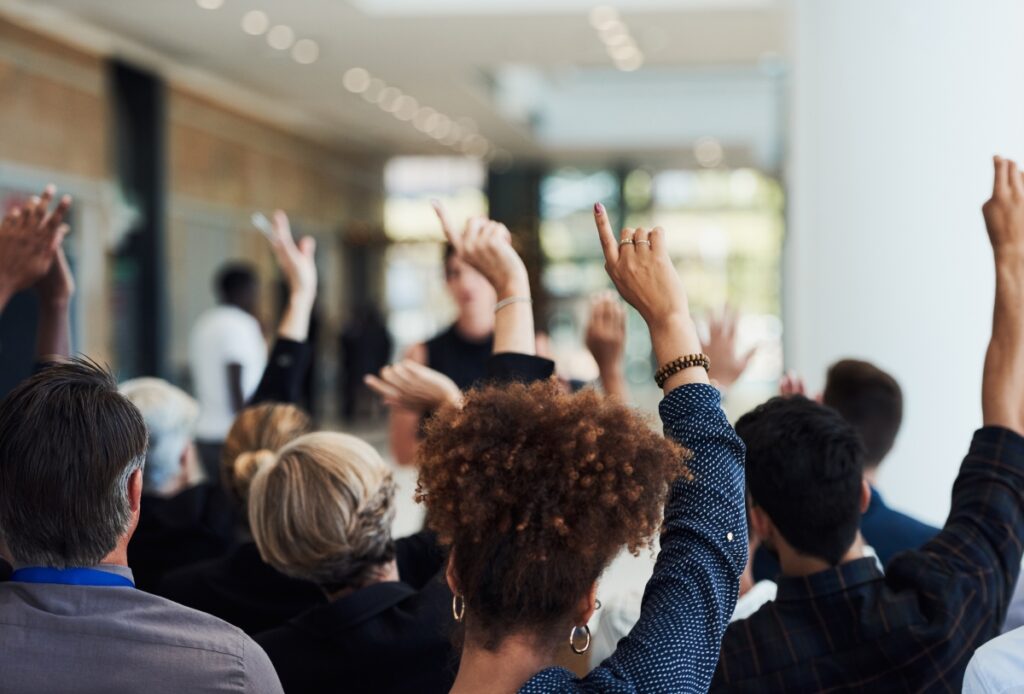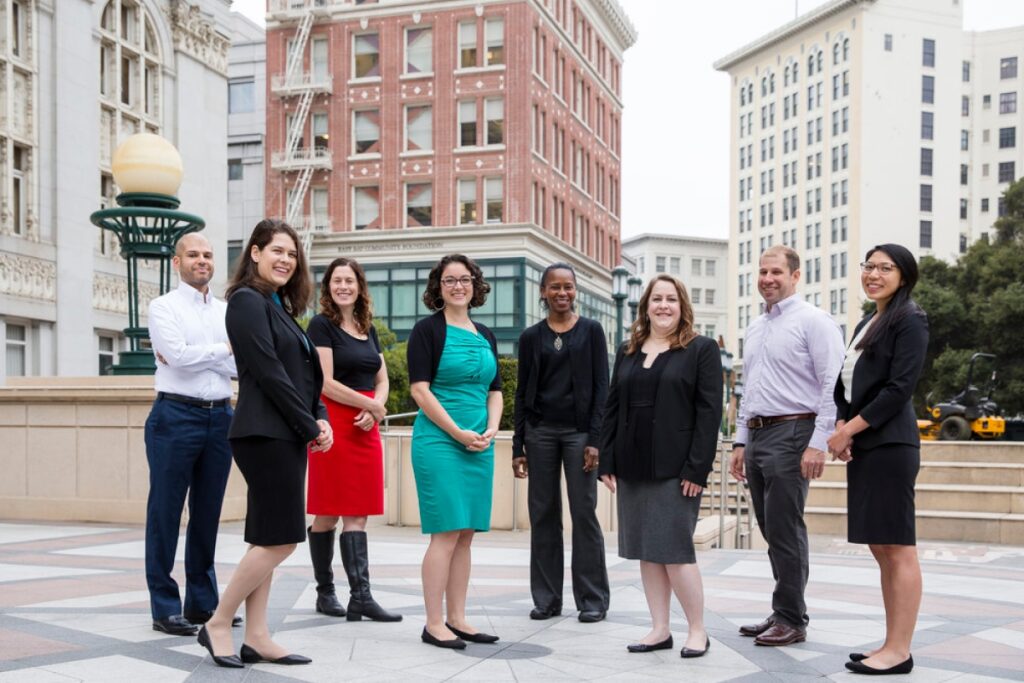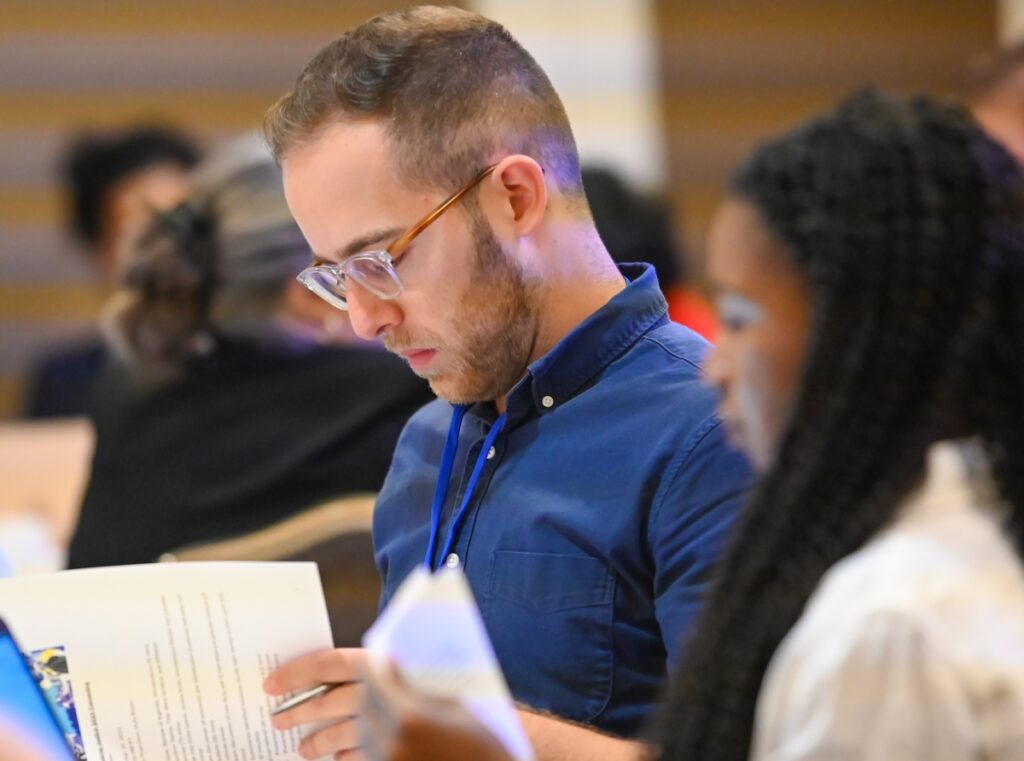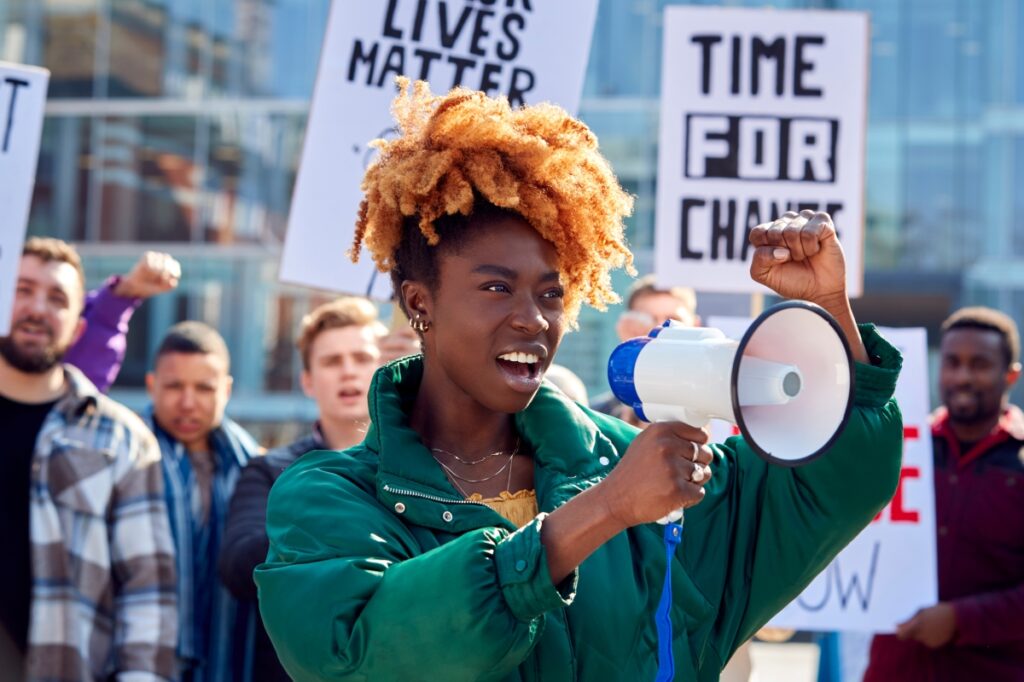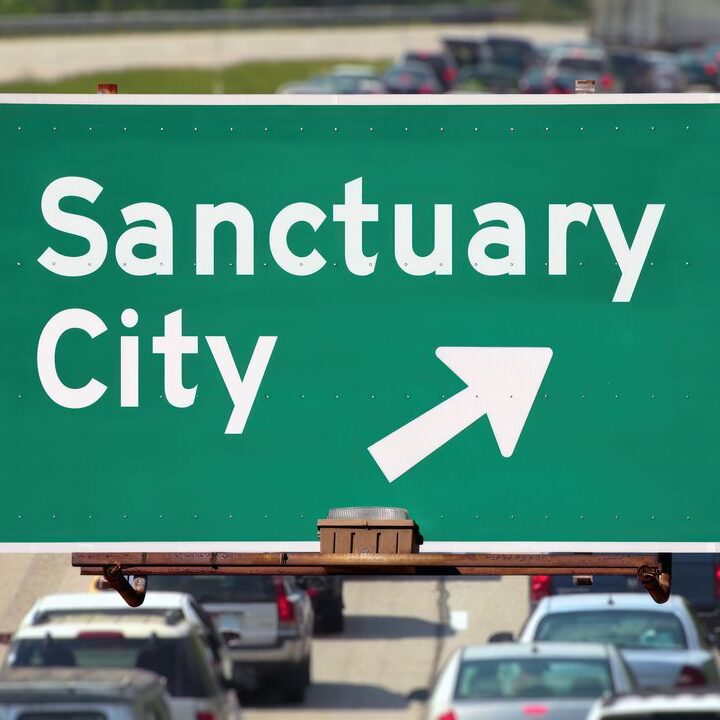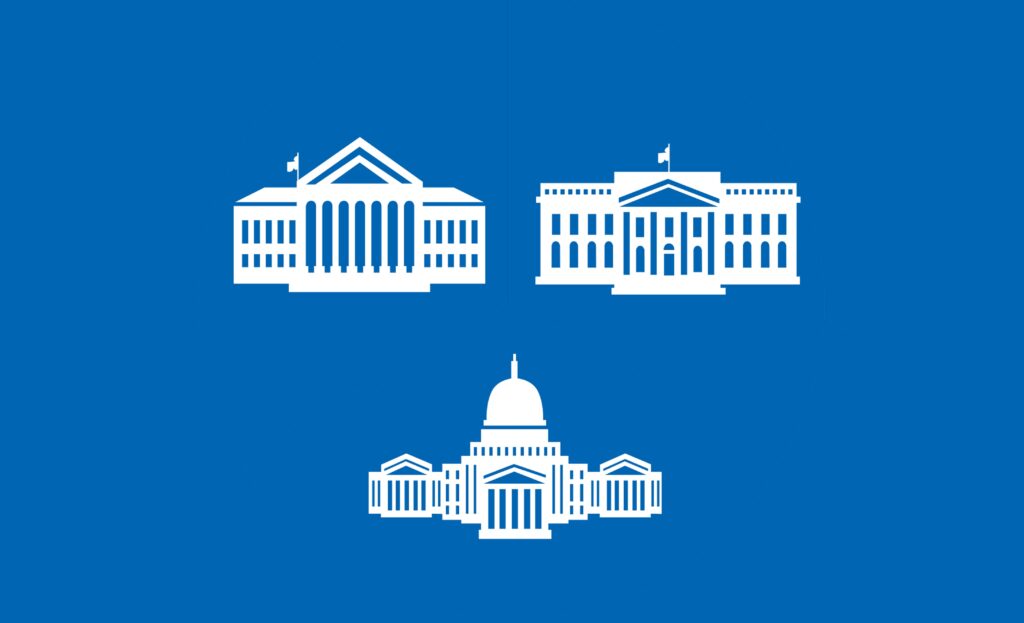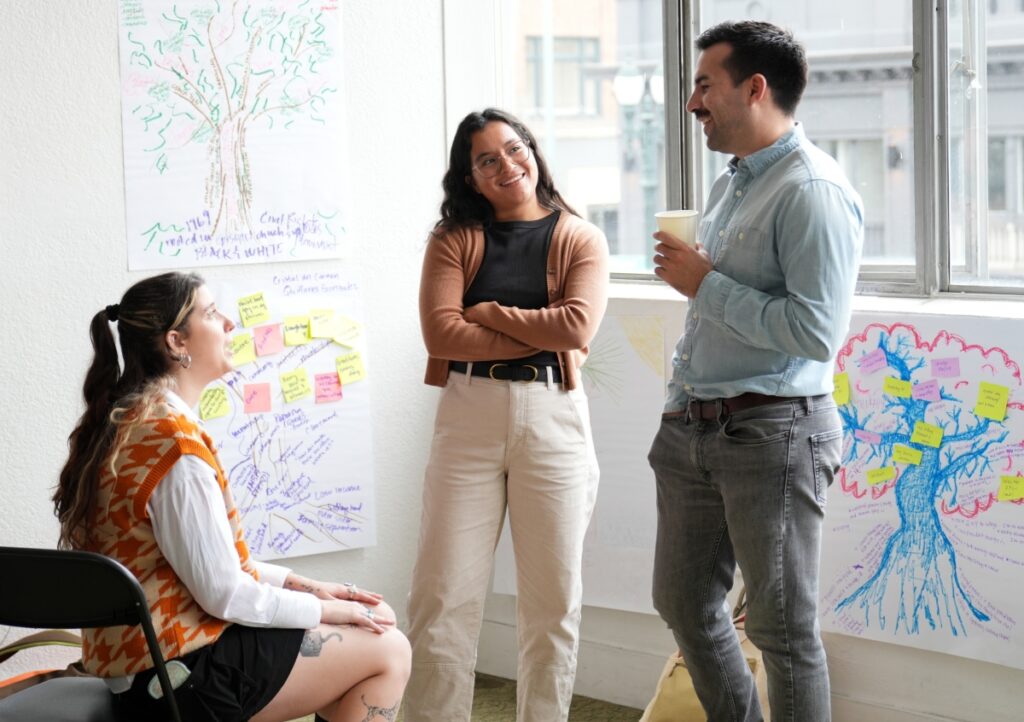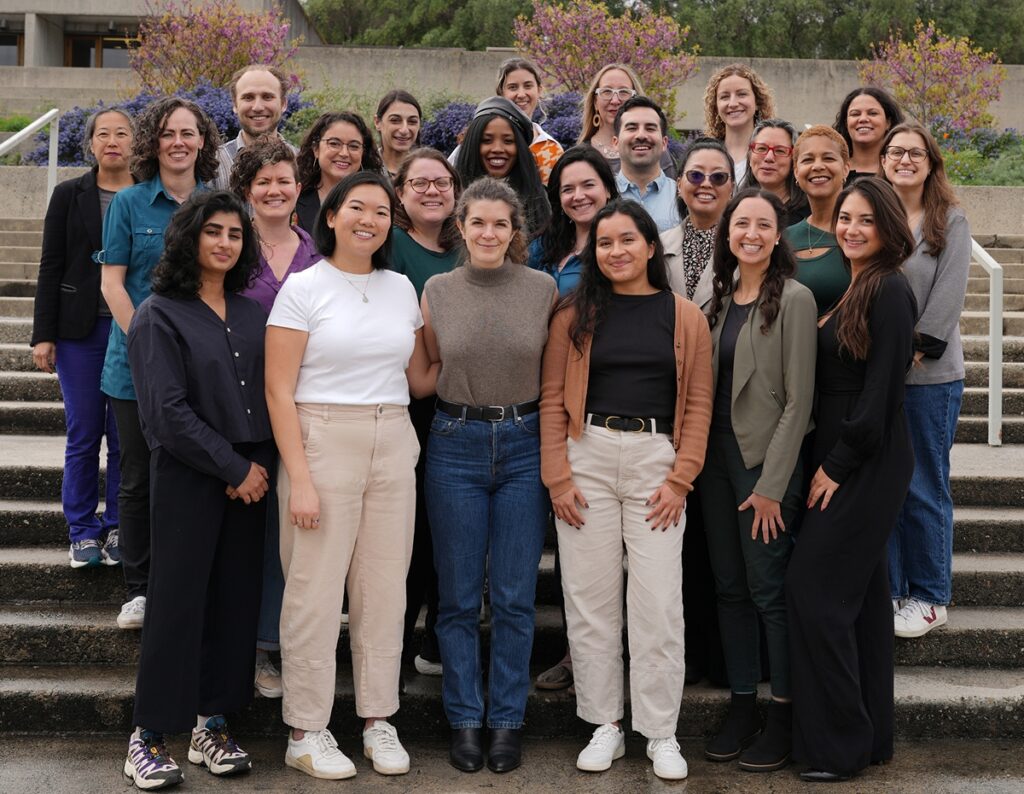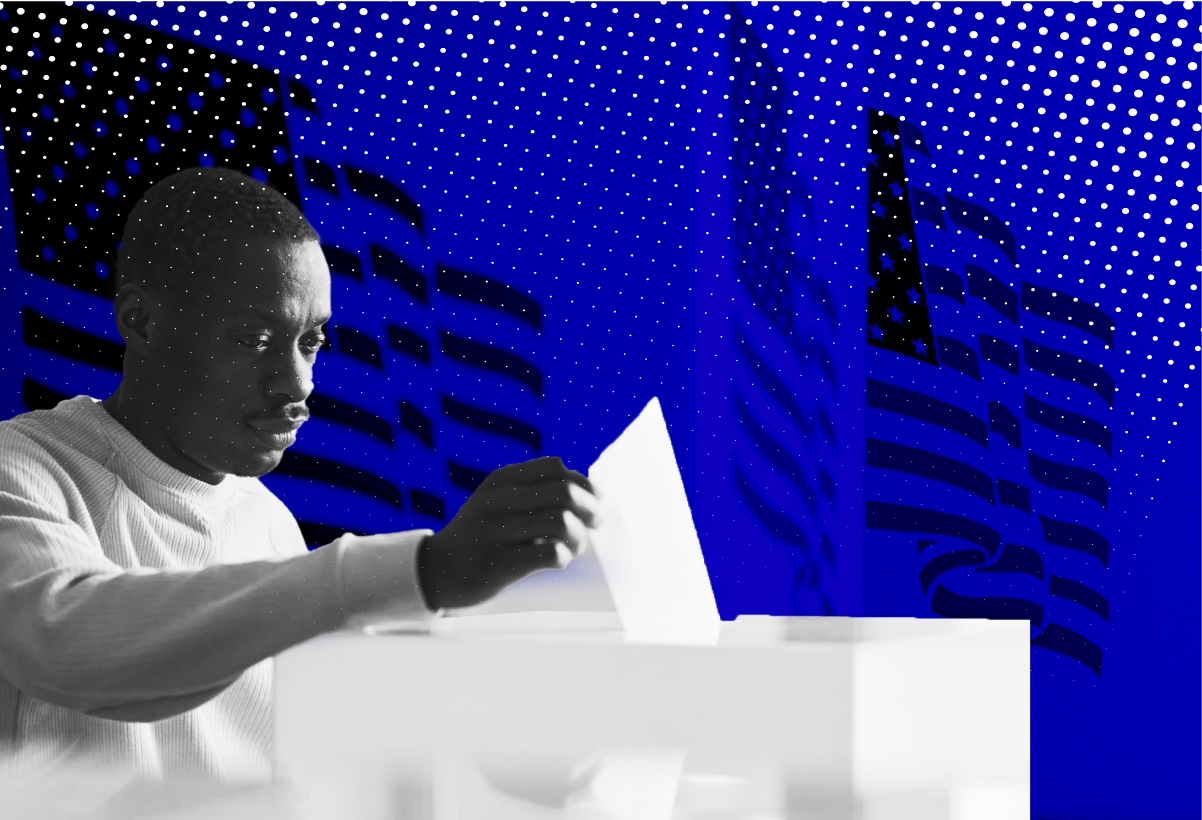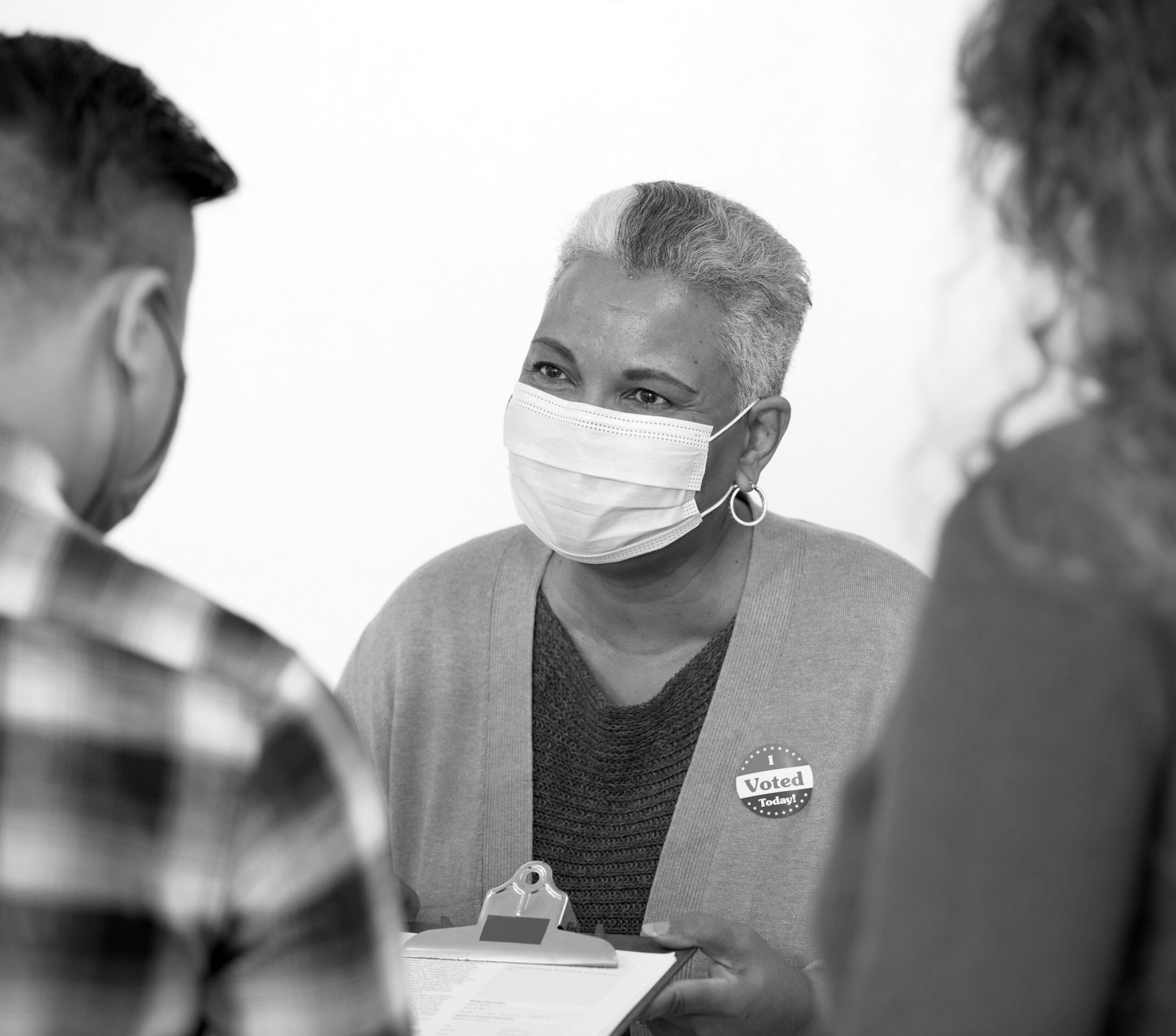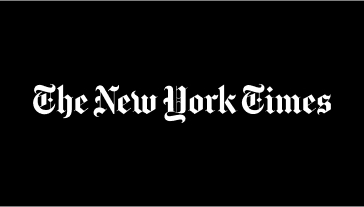Who we partner with
We support pro-democracy election officials in multiple states where:
- Black and brown communities have been targeted for voter suppression
- Local elections officials have an interest in and/or a track record of developing innovative, pro-voter policies (e.g., drop-box voting, expanded early voting, etc.)
- State officials and third-party groups have mounted legal and political challenges against local elections officials
Our impact
Protecting election integrity
In October 2024, Muscogee County retained PRP to bring a lawsuit against the State Election Board (SEB). The county was challenging an SEB-approved hand-count rule that required poll workers to count ballots cast on election day by hand. The lawsuit argued that the rule would create confusion, delay reporting of election results, place significant burden on election officials, and undermine public trust in the system.
We researched and drafted a petition, a motion to expedite, an emergency motion for temporary restraining order, and two affidavits from county leadership. Soon after, a Georgia judge blocked the new rule from going into effect.
Defending ballot drop boxes
When the Wisconsin Supreme Court revisited a 2022 decision banning unstaffed drop boxes, we filed an amicus brief on behalf of 10 election officials arguing that drop boxes are a convenient, secure, and essential tool for voters and election officials.
PRP was the only organization representing the voice of local election clerks. The court — which ultimately reinstated unstaffed drop boxes — specifically highlighted the valuable role clerks play in our election system. In its decision, the court stated that election officials are given “significant responsibility,” and “discretion” for administering elections in Wisconsin’s decentralized election system. The decision was a victory for election clerks who rely on a variety of tools to make elections accessible to all.
Filling resource gaps for election officials
In 2024, Wisconsin voters approved a constitutional provision that prohibited non-election officials from performing “task[s] in the conduct of . . . elections.” This caused confusion and concern among Wisconsin election clerks because many of them rely on vendors, other government employees, and volunteers to perform election-related activities necessary to ensure free and secure elections.
Since many election officials lack time and resources to provide comments, PRP filed a comment on behalf of a coalition of Wisconsin clerks. Attorney General Josh Kaul responded with a decision making clear that while only election officials as defined in Wisconsin statute can direct or lead the administration of elections, they may continue to rely on other entities to support their work. PRP’s comment was incorporated into AG Kaul’s opinion.
